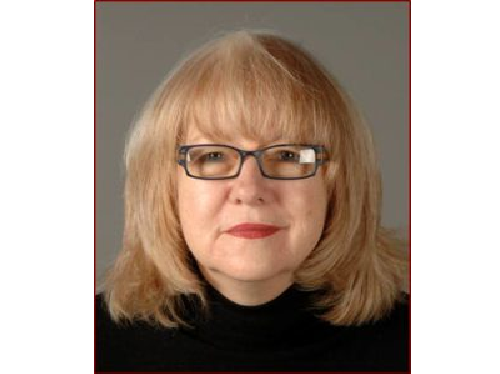Social Security: Learning How the System Protects Your Financial Future
March 25, 2023 at 6:48 p.m.
In recognizing women innovators and those who have dedicated their lives to telling our stories both past and present: One important story from the last century concerns the status of women in the workforce.
More and more women have entered the workforce every year, into many new professions and more prominent positions. At the same time, we saw a major change in the nation’s voluntary retirement system—pensions steadily replaced by workplace savings accounts.
Women’s income security continues to be a challenge. Women are overrepresented in the low-wage workforce, and many must work part-time to accommodate family caregiving responsibilities. As a result, many women have lower Social Security benefits and fewer savings in personal accounts and workplace plans.
Many women face serious retirement challenges. Lower wages and gaps in earnings—plus a longer life expectancy than men—make it even harder for women to make their savings last longer. For most women, learning about Social Security and how to maximize benefits is critically important to their financial security. Working women who lack financial knowledge often feel less confident when making financial decisions. Consequently, they are more likely to put off planning for retirement.
Economist Dr. Heidi Hartmann is an expert on women’s issues and a friend of ours at the Women’s Institute for a Secure Retirement. Dr. Hartmann spearheaded important research about women’s reliance on Social Security—and continues to share stories with a new generation of leaders. As founder and former president of the Institute for Women’s Policy Research, she has helped address policies related to economic security and poverty for older working women.
Dr. Hartmann established a powerful coalition known as OWES, or the Older Women’s Economic Security Taskforce. She created OWES to educate policy makers and leaders about the stake that women have in the social insurance system—specifically as an effective anti-poverty program for millions of women.
In 1999, Dr. Hartmann convened a conference described as “an historic event” by The Washington Post. More than 60 OWES leaders, experts, and policymakers attended the conference, which helped release a report proposing that caregivers earn a Social Security credit.
Dr. Hartmann continues to focus on proposals that will modernize how women are rewarded for the full value of their work—both in the labor market and in caregiving for our elders and the next generation.
You should know how much you will receive from Social Security. To start, sign up for a personal my Social Security account to get an estimate of future benefits. You can also learn more on the Social Security for Women page.
 Cindy Hounsell
Cindy Hounsell
Our posting of this blog does not constitute an endorsement or recommendation of any non-Social Security organization, author, or webpages.





